Judge Walter Sofronoff KC investigated over corruption allegations after Lehrmann trial probe
Corruption allegations regarding a judge’s conduct in his probe of Bruce Lehrmann’s trial are being investigated by the ACT Integrity Commission.
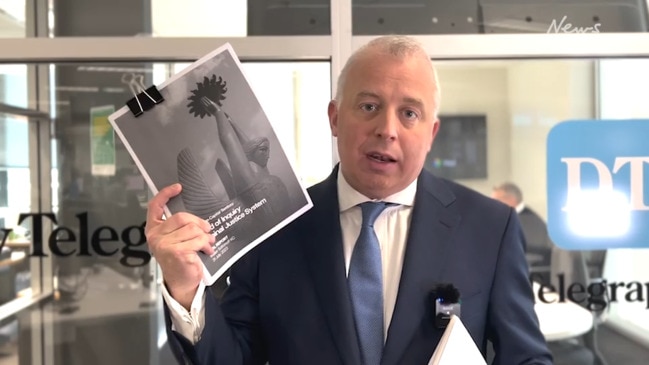
The ACT Integrity Commission has today confirmed it has received and is assessing corruption allegations regarding the conduct of the Hon Walter Sofronoff KC relating to his probe of Bruce Lehrmann’s trial.
In a statement, the integrity body revealed today the investigation “relates to disclosures made by the Hon Walter Sofronoff KC to media representatives during the course of the Board of Inquiry”.
The probe will also consider the release of his report to media representatives before it was released by the Chief Minister and communications with media that were disclosed in recent litigation in the Supreme Court of the ACT.
“The Commission’s general policy is to neither confirm nor deny the referral or investigation of corruption allegations unless the circumstances are exceptional,’’ the statement says.
“Here, the issues are especially important, their subject matter has already been widely publicised and the need for the Integrity Commission to assess and, if necessary, investigate them is apparent.
“The recent litigation has now concluded. It is accordingly appropriate for this announcement to be made.
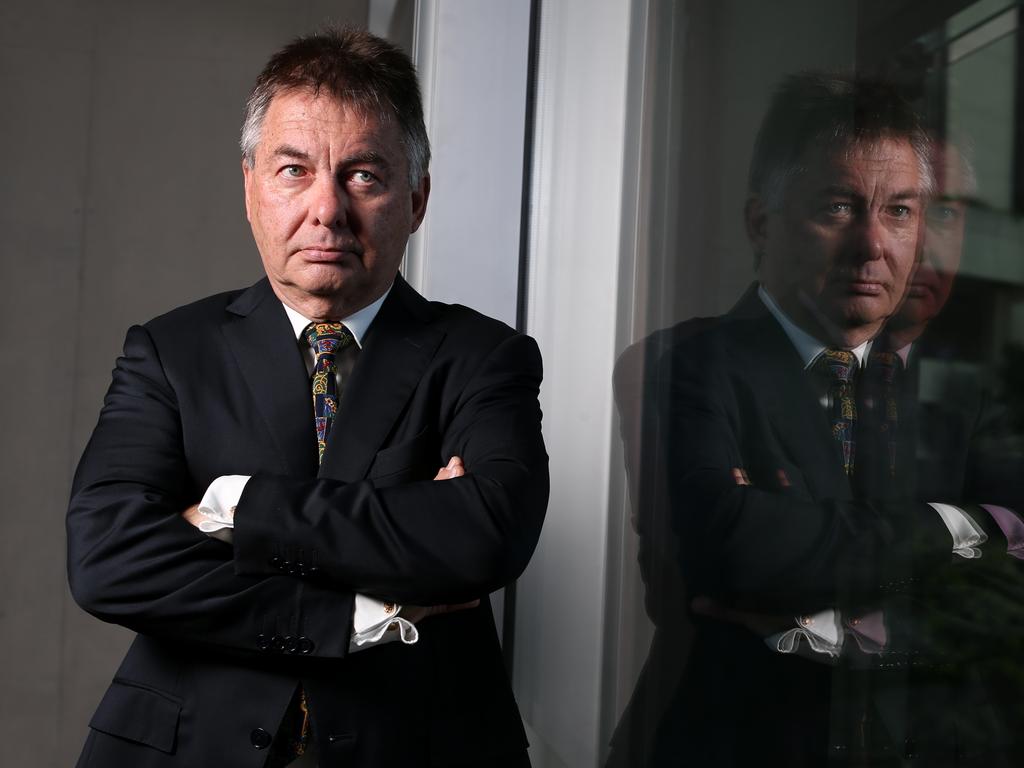
“No further public comment will be made whilst the assessment process is undertaken.
“Given the extraordinary and ongoing public discourse about the conduct of the Board of Inquiry and the recent judgment in the Supreme Court in Drumgold v Board of Inquiry and Ors (No. 3), I have determined that it is in the public interest to disclose that the Commission is assessing whether the issues call for investigation.
“I see no reputational damage arising from this making this announcement, noting that it involves no adverse findings of any kind.
“Further, an Acting Integrity Commissioner, Mr John McMillan AO, has been appointed to assess aspects of his matter.”
News.com.au has contacted Mr Sofronoff for comment.
‘Private and secret’ text messages
Walter Sofronoff’s “private and secret” text messages with The Australian columnist Janet Albrechtsen gave rise to “a reasonable apprehension of bias” against the former top prosecutor Shane Drumgold, the ACT Supreme Court found last month.
In a written judgement, Justice Stephen Kaye likened the journalist and the judge to “fellow travellers”.
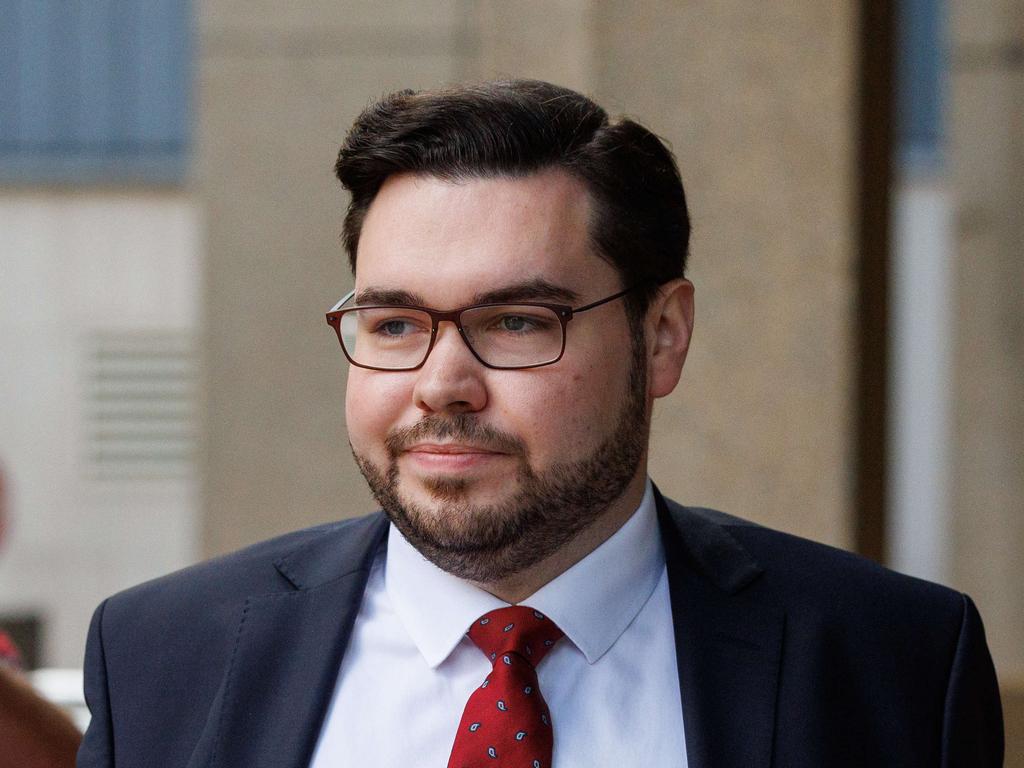
“The fair-minded observer might fairly apprehend that, at that point, Mr Sofronoff regarded himself as a ‘fellow traveller’ of Ms Albrechtsen in respect of the views that she had expressed and maintained in her publications about the plaintiff,’’ Justice Kaye wrote.
“The observer might also apprehend that, as such, Mr Sofronoff regarded it as appropriate to exchange views with Ms Albrechtsen about specific issues which he was required to determine in the inquiry.
“Another instance of Ms Albrechtsen communicating with Mr Sofronoff, concerning the matters before the inquiry, occurred on 23 May, 2023. On that date, Ms Albrechtsen sent a text to Mr Sofronoff, asking whether the inquiry was looking into what Commander Chew meant when he said (as recorded in DS Moller’s diary) that there was ‘too much political interference’.
“In response, Mr Sofronoff sent a text message to Ms Albrechtsen: ‘Yes, he should have asked Moller yesterday what he understood by it. He’ll do that this morning and follow up with Chew.’
“That text exchange is relevant for two reasons. First, Ms Albrechtsen felt free to communicate with Mr Sofronoff, and express an opinion to him, about the issues that were being agitated at the inquiry. Secondly, Mr Sofronoff saw fit to express to Ms Albrechtsen his agreement with her suggestion as to a question that ought to have been asked of a witness.
“On the same date, Ms Albrechtsen sent a text message to Mr Sofronoff, stating that she was ‘catching up’ on ‘Moller and evidence’, and requesting whether she was permitted to know what had transpired during the ‘muted’ (that is, closed) sections of the inquiry. In response, Mr Sofronoff sent a text message to Ms Albrechtsen: ‘I’ll send you the transcript in the morning. Boring Tedeschi.”
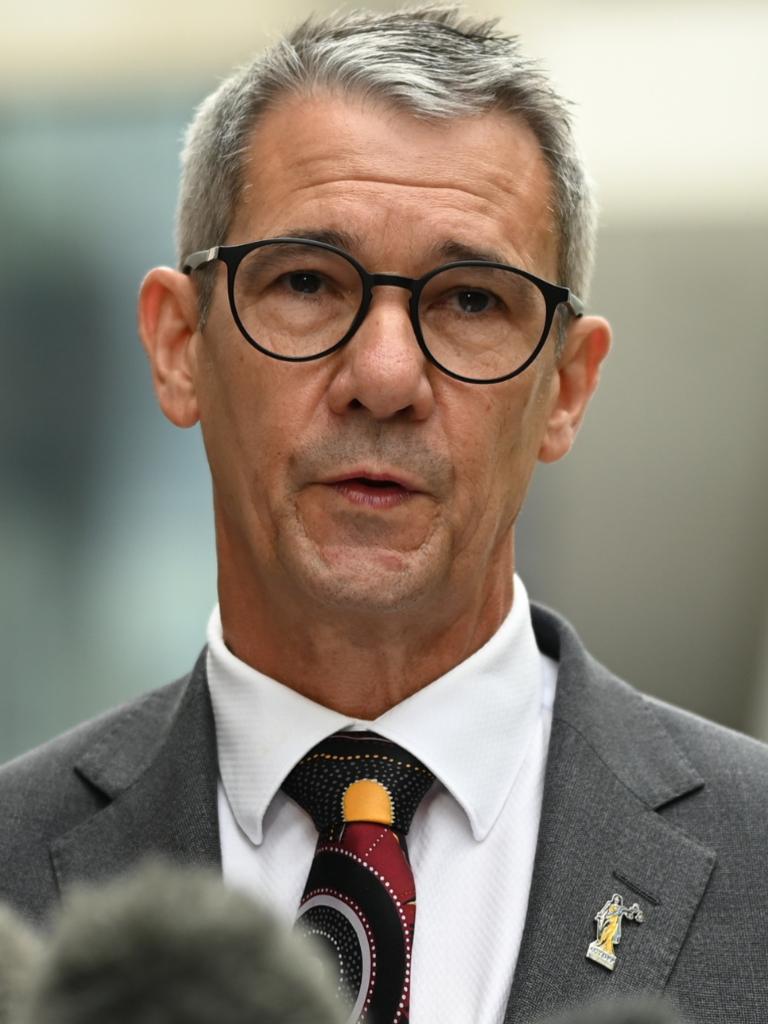
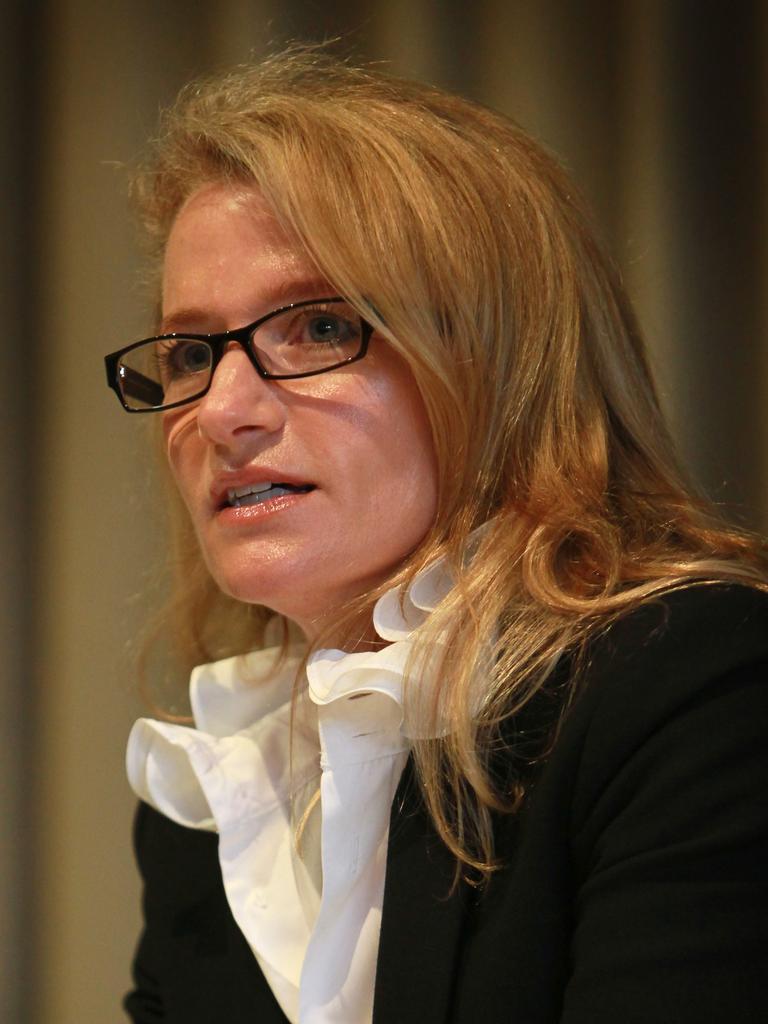
In the course of oral submissions, Justice Kaye said he was informed by counsel that Mr Sofronoff did not send the transcript of the private sessions to Ms Albrechtsen.
“The fact that he was prepared to do so would, I consider, be a minor, but nevertheless relevant, consideration for the fair-minded observer,’’ the judge said.
“There was no indication that any other member of the media was considered to be entitled to transcripts of sessions that had been held in private.
“The phrase, ‘Boring Tedeschi’, referred to Senior Counsel who represented the plaintiff in the inquiry. The fact that Mr Sofronoff felt it appropriate to express such a view to Ms Albrechtsen, about a counsel appearing before him, is, again, a minor point, but, nevertheless, one which would be relevant to the perception of a fair-minded observer.
Mr Drumgold had sought to challenge scathing findings made about his conduct during the prosecution for the alleged rape of Brittany Higgins.
The Sofronoff inquiry
The Sofronoff inquiry last year made “several serious findings of misconduct” against Mr Drumgold, including that he “at times lost objectivity and did not act with fairness and detachment” throughout the case.
In August, Mr Drumgold resigned from the top job and mounted a legal challenge against the inquiry’s findings.
His lawyers sought to rely on Mr Sofronoff’s communications with a journalist, claiming his mind had been “poisoned” by Ms Albrechtsen’s reporting, which they claimed was adverse towards Mr Drumgold and favoured Mr Lehrmann.
“I have concluded that the conduct by the first defendant to the inquiry into the criminal justice system of the Australian Capital Territory gave rise to a reasonable apprehension of bias in the communications that took place between the first defendant and Ms Janet Albrechtsen of the Australian newspaper before and during the inquiry,’’ Justice Kaye said.
The legal test for apprehended bias is whether a fair-minded lay observer with knowledge of the material objective facts might reasonably apprehend that the decision-maker might not bring an impartial and unprejudiced mind to the resolution of the question at hand.
Lunch with Janet Albrechtsen
The court previously heard that Ms Albrechtsen flew from Sydney to Brisbane to have lunch with Mr Sofronoff to discuss the inquiry.
The former judge had 65 telephone calls with journalists between February 9 and July 31 last year – 55 with The Australian and 10 with other news outlets and Mr Sofronoff later provided an embargoed copy of his report to Ms Albrechtsen before he provided it to the ACT Government.
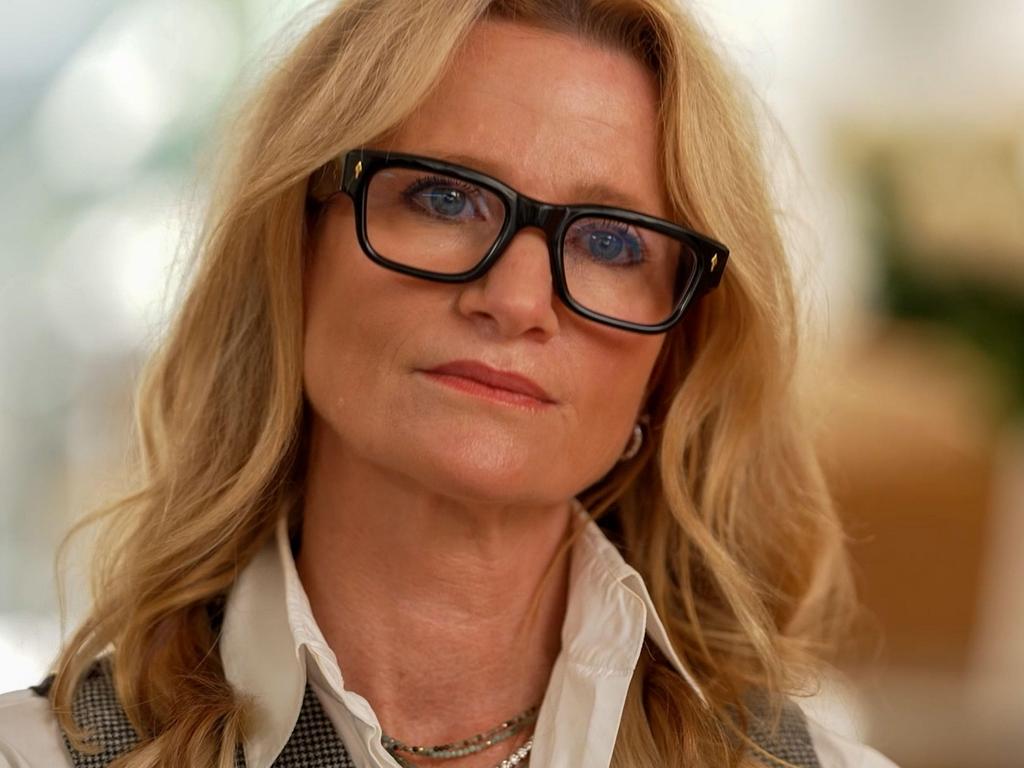
She later published it before the ACT Government released it and the official embargo was lifted, after receiving it from another source and informing Mr Sofronoff she planned to do so.
In his judgement, Justice Kaye upheld major damning findings from the inquiry including that Mr Drumgold directed a junior lawyer to make a misleading affidavit, lied to ACT Chief Justice Lucy McCallum and failed in his duty to advise TV presenter Lisa Wilkinson against giving a Logies speech.
The judgement rejected submissions that Mr Sofronoff had not afforded Mr Drumgold natural justice when finding that Mr Drumgold had breached his duty as a prosecutor when he read Ms Higgins’ counselling notes; and upheld a finding of the inquiry that Mr Drumgold had tried to falsely blame an employee for the release of a letter under a freedom of information (FOI).
Failure to accord Shane Drumgold natural justice
However, Justice Kaye found that Mr Sofronoff had failed to afford Mr Drumgold natural justice when finding he made “false” statements to the chief police officer about the release of the letter.
The ACT Government was ordered to pay Mr Drumgold’s costs.
In a statement last month, Mr Drumgold told news.com. au that he welcomed the outcome.
“I am delighted with the court’s decision today, and I am looking forward to moving on with my life,’’ he said.
Mr Sofronoff and Ms Albrechtsen have been contacted for comment.
The fair minded observer
Justice Kaye said that the communications were “such that a fair minded lay observer might reasonably” believe that Mr Sofronoff “might have been influenced by the views held and publicly expressed by Ms Albrechtsen concerning the conduct of Mr Drumgold.
However, Justice Kaye rejected Mr Drumgold’s submission that eight of the findings against him in the report were legally unreasonable.
“I have concluded that the plaintiff has not established that seven of those findings were legally unreasonable,” he said.
Justice Kaye did however find that the criticism of Mr Drumgold’s cross examination of Senator Linda Reynolds was unreasonable.
“I have concluded that the finding by the first defendant that the plaintiff had engaged in grossly unethical conduct in his cross examination as Senator Linda Reynolds is legally unreasonable,’’ he said.
“And accordingly ground three succeeds in respect of that finding.”
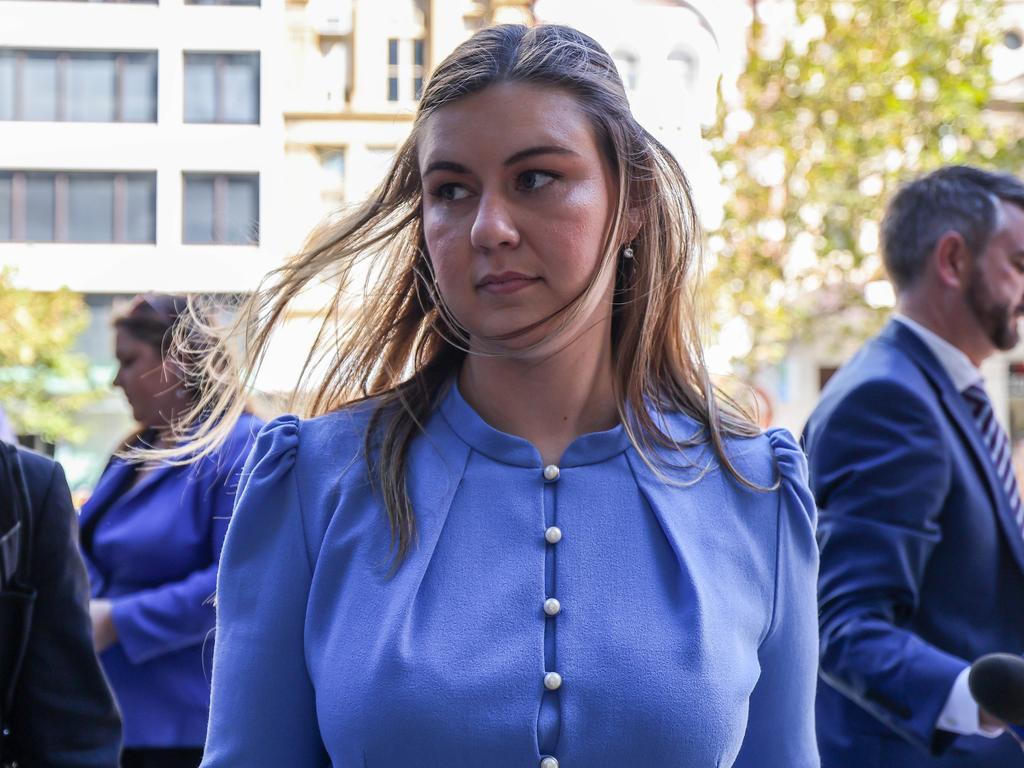
Mr Drumgold had contended that Mr Sofronoff failed to accord him natural justice by failing to give him a fair hearing in respective three findings in the report.
Mr Drumgold did not allege that Mr Sofronoff acted with actual bias.
“I have concluded that the plaintiff has not established the failure of natural justice irrespective to those findings,’’ Justice Kaye said.
Lawyers for the former Mr Drumgold had argued that journalist Ms Albrechtsen “infected” bias into the mind of Mr Sofronoff.
Preferential treatment denied
But Mr Sofronoff’s barrister, Brendan Lim, denied Ms Albrechtsen received preferential treatment.
“Albrechtsen was the most persistent of the journalists and that didn’t reflect preferential treatment on his part,” Mr Lim told the court.
“The fact that Ms Albrechtsen had more questions than other journalists is in fact besides the point.”
Lawyers for the ACT Government conceded that Acting Justice Kaye might find Mr Sofronoff was “unwise” in his communication with Ms Albrechtsen.
“We do accept that the plaintiff makes a strong point in relation to the secrecy of those communications,” ACT Government barrister Kate Eastman told the court.




